We are a factory established on 20.000 m2 land. In addition to all kinds of mechanical and chemical finishing, we produce with a monthly capacity of 250,000 meters of weaving and 1,000,000 meters of fabric dyeing.
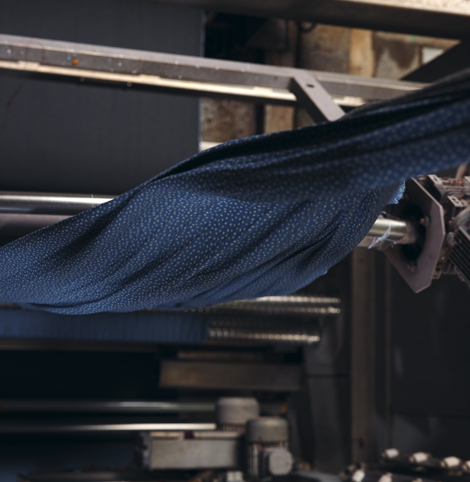
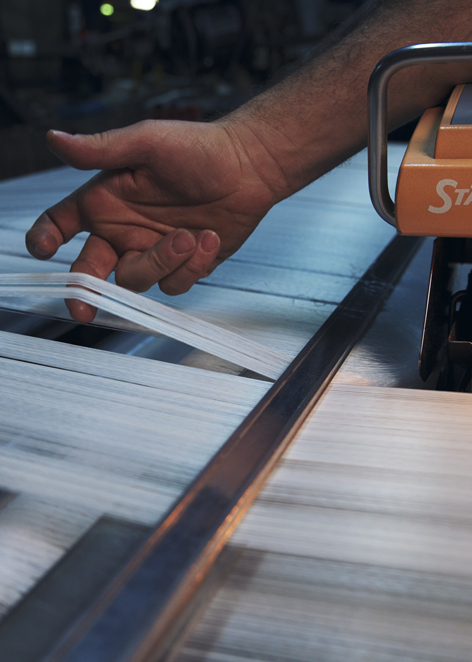
We are a fully integrated textile company with water flow and airflow jets, woven jacquard and dobby weaving, printing and stenter machines, continuous washing and drums. With our deep-rooted history and innovative attitude, we have a sustainable DNA.
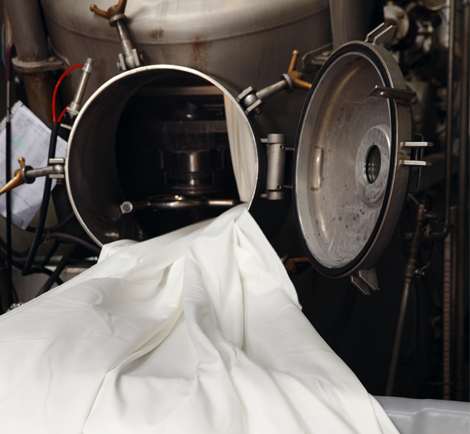
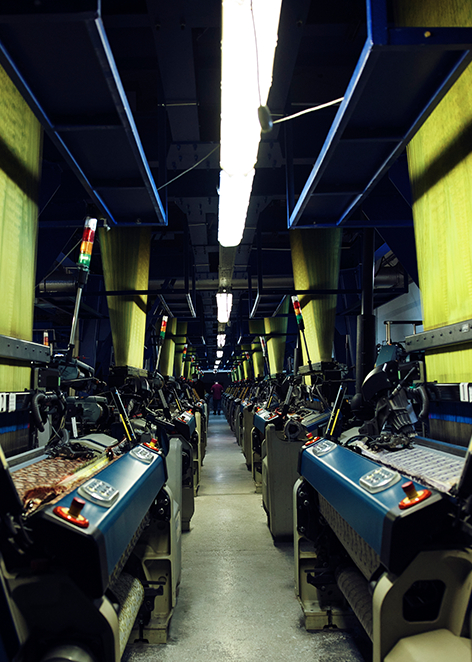
Ezgi Tekstil fabrics are the result of blending sustainability, traceability, transparency, zero waste philosophy, in short, an environmentally friendly stance with vast experience and knowledge.
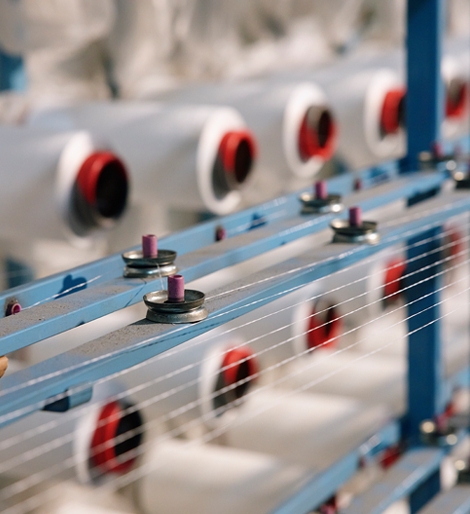

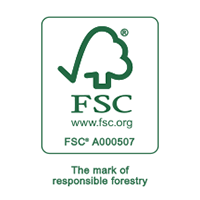 Established in 1993, the Forest Stewardship Council is an international organization.
The duties of the
institution have been determined as to carry out studies on standard setting, certification,
and labeling of forest
products related to forest management, and its mission has been declared as "to guide
businesses and consumers in the
decision-making mechanism related to forests worldwide".
View Certificate
Established in 1993, the Forest Stewardship Council is an international organization.
The duties of the
institution have been determined as to carry out studies on standard setting, certification,
and labeling of forest
products related to forest management, and its mission has been declared as "to guide
businesses and consumers in the
decision-making mechanism related to forests worldwide".
View Certificate
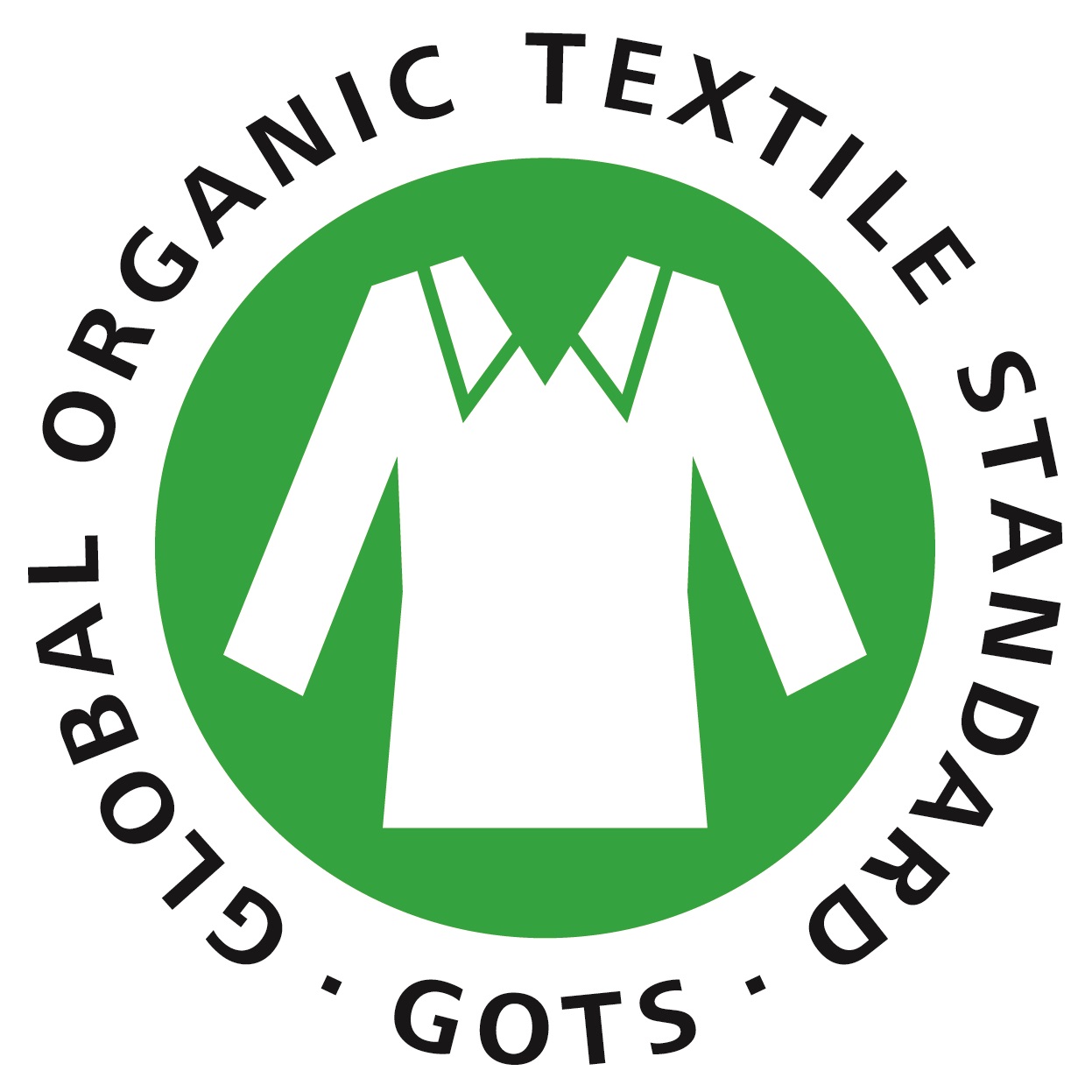 The Global Organic Textile Standard (GOTS) is recognised as the
world's leading processing standard for textiles made from organic
fibres. It defines high-level environmental criteria along the entire
organic textiles supply chain and requires compliance with social
criteria as well.
View Certificate
The Global Organic Textile Standard (GOTS) is recognised as the
world's leading processing standard for textiles made from organic
fibres. It defines high-level environmental criteria along the entire
organic textiles supply chain and requires compliance with social
criteria as well.
View Certificate
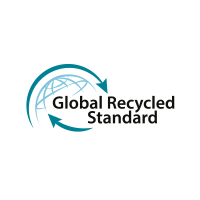 The Global Recycled Standard (GRS) is an international, voluntary,
full product standard that sets requirements for third-
party certification of Recycled Content, chain of custody, social and
environmental practices, and chemical restrictions.
View Certificate
The Global Recycled Standard (GRS) is an international, voluntary,
full product standard that sets requirements for third-
party certification of Recycled Content, chain of custody, social and
environmental practices, and chemical restrictions.
View Certificate
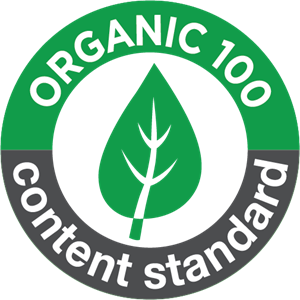 The Organic Content Standard (OCS) is an international, voluntary
standard that provides chain of custody verification for materials
originating on a farm certified to recognized national organic
standards. The standard is used to verify organically grown raw
materials from the farm to the final product.
View Certificate
The Organic Content Standard (OCS) is an international, voluntary
standard that provides chain of custody verification for materials
originating on a farm certified to recognized national organic
standards. The standard is used to verify organically grown raw
materials from the farm to the final product.
View Certificate
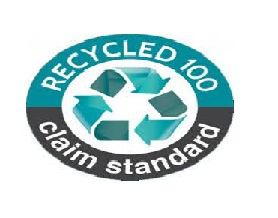 Recycled Claim Standard (RCS) ensure that the recycling input contents
in the final product comply with this standard.
verify that it conforms to and approved standards of conversion
It is a discipline that shows that it meets
View Certificate
Recycled Claim Standard (RCS) ensure that the recycling input contents
in the final product comply with this standard.
verify that it conforms to and approved standards of conversion
It is a discipline that shows that it meets
View Certificate
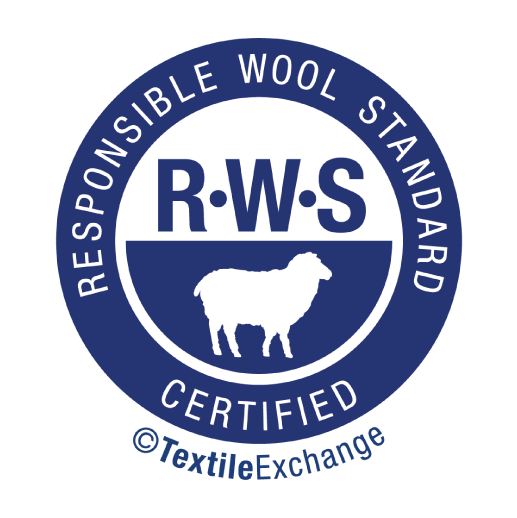 Responsible Wool Standard (RWS) In obtaining sheep wool
It was created to confirm that ethical practices are used
for animal welfare and land use. In addition to overseeing
the responsible production of wool from sheep, it aims to protect
the social rights of employees in the processes and improve land use.
View Certificate
Responsible Wool Standard (RWS) In obtaining sheep wool
It was created to confirm that ethical practices are used
for animal welfare and land use. In addition to overseeing
the responsible production of wool from sheep, it aims to protect
the social rights of employees in the processes and improve land use.
View Certificate
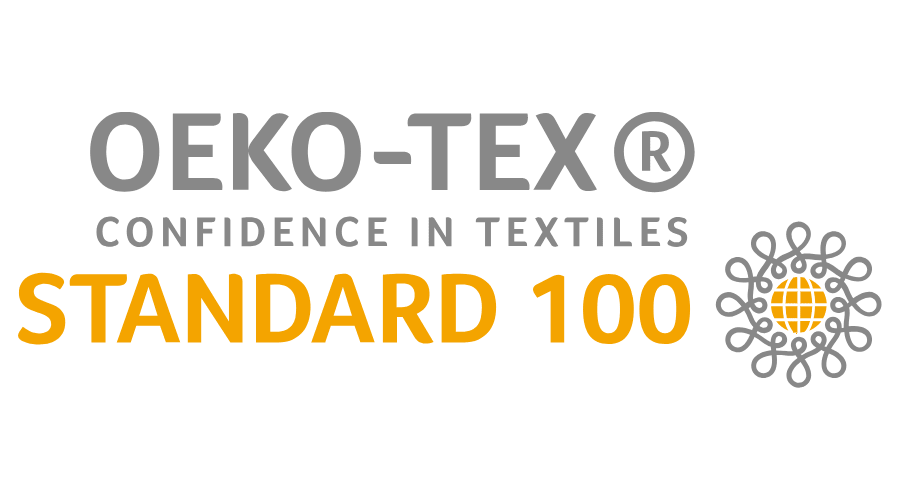 Standard 100 by Oeko-Tex is a product label that ensures that the
end-user is not exposed to any harmful effects from textile products.
The Oeko Tex label is a guarantee that a product has been checked
for the content of harmful chemicals.
View Certificate
Standard 100 by Oeko-Tex is a product label that ensures that the
end-user is not exposed to any harmful effects from textile products.
The Oeko Tex label is a guarantee that a product has been checked
for the content of harmful chemicals.
View Certificate
